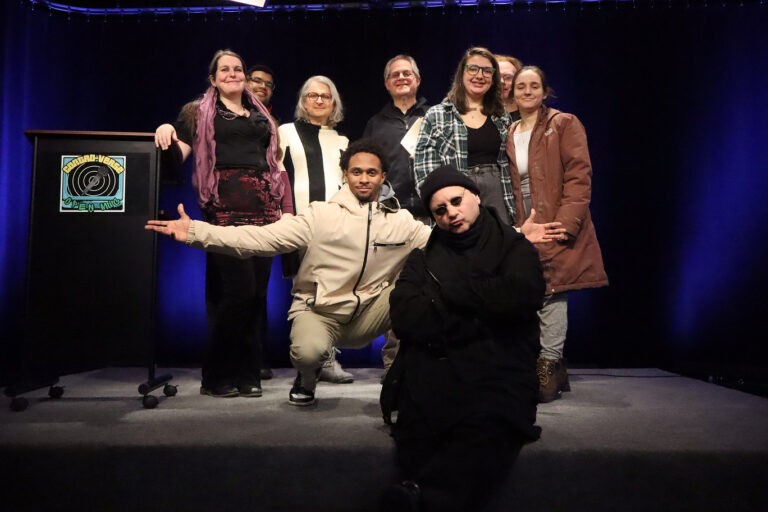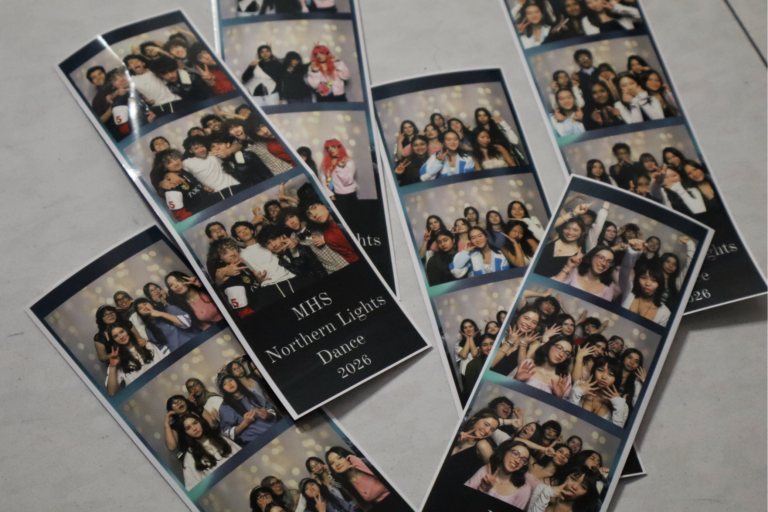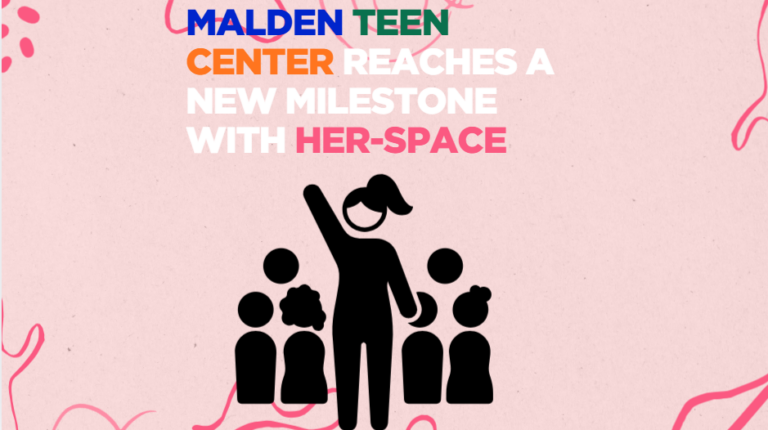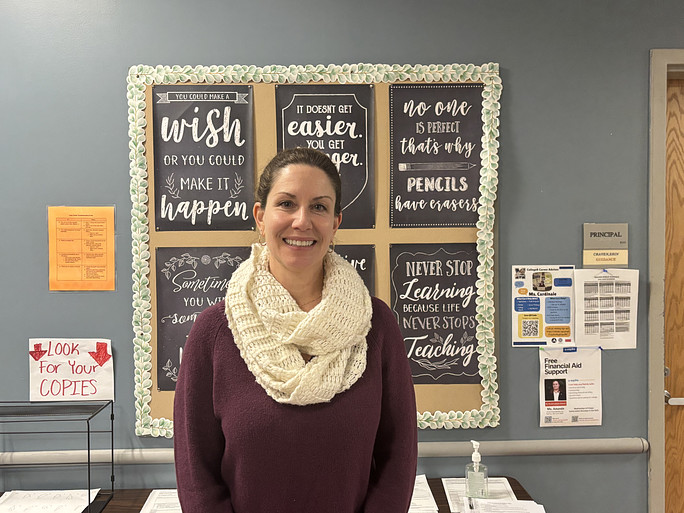In an age of misinformation, distrust, and deeply polarized discourse, journalism remains one of the most essential cornerstones of democracy. A free and functioning press holds power to account, amplifies often silenced voices, and educates the public. Yet, the very existence of public journalism is at risk—not through total shutdowns, but through a slow erosion of federal support. Institutions like PBS and NPS are not being eliminated, but the redirection or withdrawal of federal funding represents a dangerous shift in our national priorities.
It’s easy to downplay budget cuts to public media as minor trims or symbolic gestures: after all, NPR will still broadcast; PBS will still air documentaries. However, reducing these organizations’ federal support is to limit their ability to reach underserved communities, invest in investigate-live reporting, and provide unbiased, high-quality content accessible to all. These cuts may not be fatal, but they are deeply damaging.
Critics of contemporary journalism are quick to point to sensationalism, partisanship, or elitism as reasons for their distrust. While the industry is not without flaws, painting all journalism with the same broad brush is both inaccurate and dangerous. Ethical, independent journalism—particularly that practiced by nonprofit and public institutions—is not the enemy:it’s the antidote to misinformation, propaganda, and unchecked power.
Newsrooms across the country play a vital role in community life: they attend school board meetings, follow environmental developments, and give voice to underrepresented groups. Public broadcasting emphasizes depth and integrity over drama and profit. Without robust journalism, particularly in local contexts, civic engagement suffers, voter turnout declines,and corruption increases. Misinformation spreads faster and wider.
Public broadcasting institutions like NPR and PBS were created to serve the public interest, not to maximize clicks or ad revenue. Their mission prioritizes education, diversity, and truth. While it’s true they receive funding from multiple sources—including private donors, member stations, and corporate sponsorship—a portion of their budgets still comes from federal support via the Corporation for Public Broadcasting (CPB). For smaller stations, especially in rural areas, federal money can be the difference between staying on air and going dark.
Defunding these institutions doesn’t shut them down overnight, but it undermines their reach, especially in communities that lack alternative sources of reliable news; it limits the ability of local PBS and NPR affiliates to produce region-specific content; it threatens educational programming like PBS NewsHour and Sesame Street, as well as NPR’s portfolio of storytelling that spans science, politics, culture, and local affairs. Furthermore, it sends a dangerous message: that journalism, public education, and accessible information are not worth national investment.
One of the most overlooked roles of journalism is its contribution to education. In schools, teachers rely on articles, radio segments, and news programs to bring real-world relevance to history, science, and civics lessons. Documentaries serve as visual textbooks; podcasts foster listening comprehension and critical thinking. Public media isn’t just an add-on to learning: it is often an entry point for students who learn best through stories and discussion rather than memorization and lectures.
However, the educational impact doesn’t end when someone graduates. For millions of adults, journalism—especially public journalism—is the only ongoing access they have to in-depth, high-quality information about their country, communities, and world, vital sources of continuingeducation, regardless of age or background. Defunding public journalism jeopardizes this open-access classroom and disproportionately affects people with limited educational and financial resources.
Federal funding helps public broadcasting services uphold another core principle: diversity. These institutions have long prioritized amplifying voices not often heard in commercial media. In the race for ratings, commercial networks tend to default to majority audiences. But public media—guided by mission, not market—takes the time to tell the stories that otherwise go untold.
Diversity in journalism is not just about fairness: it’s about truth. A wide range of lived experiences results in more nuanced reporting, more relevant questions, and more accurate coverage. Cutting funding risks narrowing the scope of what we see, hear, and understand as a nation. It’s not that these stories will stop being told, but programs may have fewer resources to do so with care and consistency.
Those who advocate for defunding or redirecting public media support often argue it’s a matter of fiscal responsibility. But journalism is not a luxury: it’s a necessity. Especially in a country struggling with rampant disinformation, declining trust in institutions, and growing ideological divides, journalism rooted in integrity and accessibility is more important than ever.
Public media is not collapsing, but weakening them through funding cuts is a slow burn: it chips away at their ability to serve everyone equally, especially those who need them most. The ripple effects will not be felt only by journalists and media professionals—they will be felt in classrooms, living rooms, town halls, and polling booths across the country. This is not a call to blindly support all media or to overlook journalism’s flaws. It is a call to recognize the immense value public journalism brings and to resist efforts that quietly erode its foundation. If we care about democracy, education, access, and equity, we must care about journalism. Federal funding may not be the only source of revenue for public media services, but it is a crucial one: it keeps local stations afloat; it supports innovation and storytelling; and it ensures that no American, regardless of income or zip code, is left in the dark.
Public journalism matters. And if we believe that informed citizens are the backbone of a functioning democracy, then redirecting even a portion of federal support from these institutions is a step in the wrong direction. The lights may not go out overnight, but they will dim; and in that growing darkness, the truth becomes harder to find.




